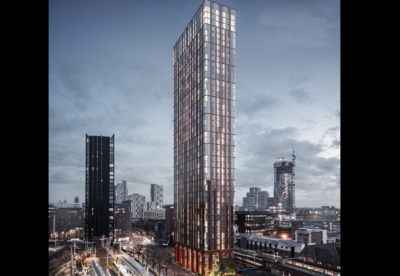The Strategic Forum for Construction, in partnership with the Carbon Trust, wants contractors to make cabins greener by retrofitting them to make site huts more energy efficient.
Forum experts said temporary cabins are one of the top sources of carbon emissions and wasted energy on construction sites.
They are often poorly insulated and lack the controls for heating, lighting and electricity use that are increasingly found in permanent buildings.
Calls to makeover the humble site hut are part of an ambitious plan to cut the carbon footprint of sites by 15% within the next two years.
The Forum’s plan outlines a package of measures designed to cut the industry’s carbon emissions in England 750,000 tonnes a year, saving firms £180m annually in energy costs.
The plan estimates that £45m and 200,000 tonnes of CO2 could be saved each year by using modern “green” site offices that can cut carbon emissions and energy use by 50%.
Over their lifetime, energy efficient cabins alone could reduce emissions by five million tonnes, the equivalent of taking 1.5 million cars off the road for a year.
Paul Toyne, Chairman of the Carbon Subgroup of the Strategic Forum for Construction, said: “This project has seen collaboration on an unprecedented level within the industry to address the issue of carbon emissions from construction sites.
“The work we have done to date has set out the scale of the task and the actions that need to be taken. The challenge for us now is to deliver it.
“While many individual companies are already taking significant steps to reduce their own emissions, this plan provides the blueprint for a pan-industry approach which will enable rapid progress on reducing energy consumption while maintaining business performance.”
Other proposals include:
- More fuel efficient driving for freight, waste transport and business travel, and using more fuel efficient fleet vehicles: predicted saving of £90m and 270,000 tonnes of CO2 per year.
- Using construction plant efficiently. This includes educating site staff on the fuel efficient use of equipment, collecting and analysing energy data from on site equipment, and enabling all mobile plant to turn off automatically when not being used: predicted saving of £19m and 84,000 tonnes of CO2 per year.
- Connecting construction sites to the national grid earlier to minimise the use of diesel powered generators: predicted saving of £7m and 45,000 tonnes of CO2 per year.
- Improving energy efficiency in corporate offices: predicted saving of £4m and 28,000 tonnes of CO2 per year.
Paul Morrell, Chief Construction Adviser, said: “We cannot simply say that the weight of responsibility for action on carbon reduction lies elsewhere.
“The scale of the contribution required from the industry creates not just the opportunity but almost the obligation to show leadership; and this initiative from the Strategic Forum for Construction is precisely the kind of act of leadership we need.
“If we are to demonstrate that the construction industry is indeed fit for purpose to deliver the remodelled built environment that a low carbon future demands, then we start by putting out own house in order in this way.”





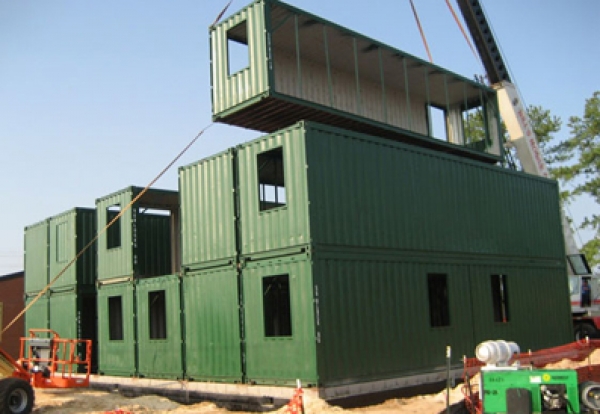













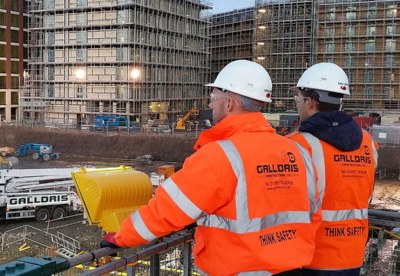



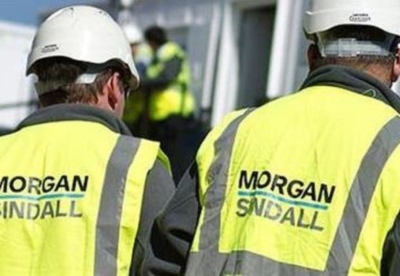


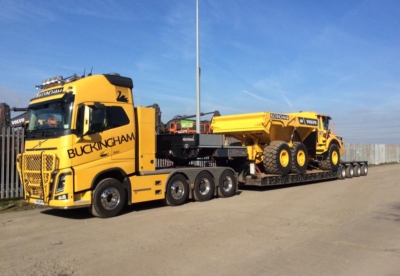

.gif)





